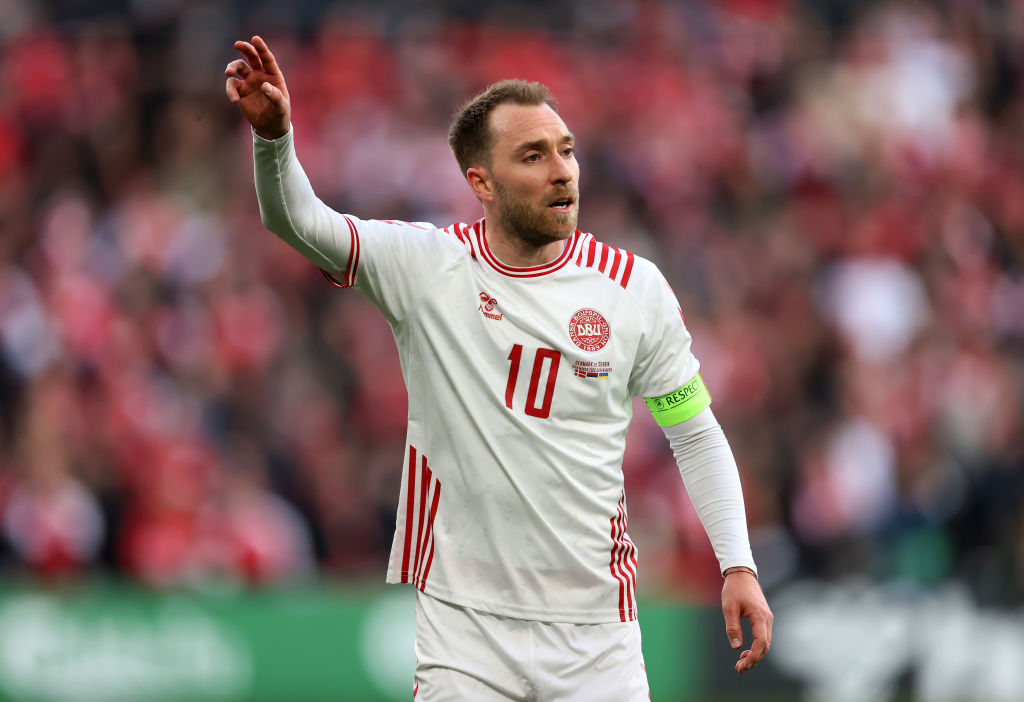Hummel’s Denmark kit, the Qatar World Cup and what it means for sport sponsorship

Sports industry expert Ben Peppi assesses Hummel’s controversial new Denmark kit for this year’s Qatar World Cup and what the ramifications may be for future sponsorships and commercial deals.
The domino effect is in full motion. It started last summer when Cristiano Ronaldo advised people to “drink water” after removing two Coca-Cola bottles from view during a press conference at the European Championship.
Then last month Kylian Mbappe warned that he would refuse to participate in a French national team photoshoot, citing his desire not to appear alongside the federation’s betting and fast food sponsors.
And last week Hummel unveiled a monochrome World Cup kit designed for the Danish national team in protest at Qatar’s human rights record, including a “colour of mourning” third strip.
The trend of players, teams and brands taking a hardline stance against rights holders and the teams they play for is gathering pace. A precedent has been set and the message is clear: be more responsible.
From a commercial standpoint, the more global stars act, the more pressure will be put on football’s most powerful stakeholders to take greater responsibility when choosing host countries for events, selecting sponsors and agreeing to how they activate those partnerships.
This comes at a time where purpose driven business models and mission statements are more prominent than ever.
There are examples all around us: just a few weeks ago the founder of global outdoor apparel manufacturer Patagonia gave away his company to a charitable trust used to fight climate change. Sport and its stakeholders must now follow suit.
While Hummel’s statement with Denmark was significant and impactful, it is likely the brand will have acted very creatively within the rules around manufacturing kits for the World Cup.
There is limited scope to send out such a powerful message given governing body Fifa’s ownership of the sponsorship narrative at its flagship tournament, which is broadcast to billions.
Nike will struggle to do the same as it makes kits for 13 teams at the tournament – including hosts Qatar – while Adidas is an official partner of the competition itself. However, these kit manufacturers will have taken note.
Whether national team sponsors attempt to send a similar message remains to be seen. With blue-chip brands such as EE, Marks and Spencer and others partnering the England team – and with no sponsorship rights in Qatar or at the World Cup itself – it will be interesting to see how they activate at home.
In future, sponsors will have to implement meticulous due diligence to protect their image against negative coverage, provide fast exits to any contractual obligations and – perhaps most applicable in this instance – promote the values and ethics each sponsor aligns themselves to.
In an age where sport carries such powerful cultural influence and scrutiny of sponsorship has never been higher, responsibility now falls on rights holders to hold their commercial power to greater account and inspire future generations. In all this one thing is clear: the sponsorship landscape has changed.
Ben Peppi is head of sports services at JMW Solicitors. He has overseen deals involving Anthony Joshua and West Ham striker Michail Antonio, as well as many Premier League teams, Premiership Rugby sides and national governing bodies. Twitter: @BenPeppi. LinkedIn: Ben Peppi.